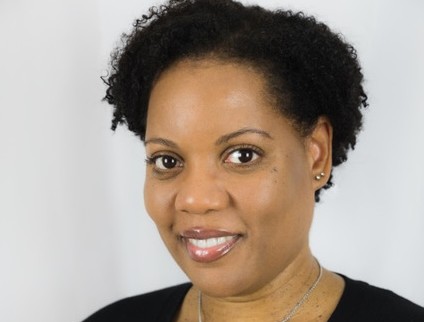President
Geoffrey B. Roche & Partners
Q. What does it take to be an agent of change?
A. I think you have to have a willingness to question the status quo, a willingness to question existing ways of doing things.
It’s also about being willing to take a chance, believing in your abilities and believing that there’s a market out there for your abilities.
If you are going to change the way people perceive things, you’ve got to be pretty confident that someone is going to respond to that.
And I think there has to be a lot of willingness to listen. I probably listened for about 15 years, and then started to develop a point of view.
Q. How has the client-supplier relationship changed over the past couple of years?
A. Clients are far more demanding than they were. They want real results. In our case, real results in terms of their advertising. And I couldn’t agree with them more.
As [Labatt Breweries president] Hugo Powell said, they couldn’t care less whether a problem is solved by one person or 16 people. They just want to get it solved. They are a little impatient and rightly so.
Q. When you enter a relationship with a client, how do you determine just how open they are to supplier-initiated change?
A. That’s one of the things we are very careful about. We don’t enter a relationship with a client unless we are sure they are open to supplier-initiated change. We have been in pitches where half-way through we have pulled out because we felt it would be an uphill battle getting them to work with us.
We are by no means the right agency for all clients. And I think that that is the mistake that many agencies and companies make in dealing with clients – they take anyone that comes through the door.
Q. How important to the process of change is understanding your client’s business?
A. Very important. We put a lot of time and effort into understanding our client’s business. And I think that a lot of agencies shortchange themselves by not truly understanding what their client’s business is all about.
I think there’s nothing more frustrating for a client than to have a feeling that their agency does not really understand what they are doing on a daily basis, what business they are actually in.
If you are going to try to convince them to do things a different way, you have to convince them in the first place that you understand their business.
Q. From where do you get your inspiration?
A. George Bernard Shaw. I was at a play last night, at the opening of the Shaw Festival, and I wrote something down that was quite interesting. In the play, Saint Joan, she talks about having courage of faith. I wrote it down only because I felt that’s what it’s all about. It’s having the courage of your convictions.
My inspiration comes from reading a lot about how other people are doing in the business. And not just the advertising business. I just read a wonderful article about Home Depot in Fortune magazine.
To a large degree, I’m inspired by my clients, which sounds really wussy, but it’s true. We happen to work with some very entrepreneurial sorts.
Q. How do you stay on top of trends in your field?
A. By reading a lot. We get The Wall Street Journal, The New York Times, The Financial Post, The Toronto Star, The Globe and Mail and Ad News Bulletin in here every day. I think you’ve really got to be aware of what’s going on out there in North America and around the world.
Trade pubs are a given. Everybody here jumps for the first copy of Strategy and Marketing and even Ad News to see what’s going on. We also get Ad Age from the States and Campaign magazine from the u.k.
I always love hearing people say they don’t watch tv. How can they say they’re in this business and not watch tv? I hate simulcast in this country, because you don’t get to see u.s. spots as much.
I try to listen to and observe average people. I went to the hockey game last week and saw Canada. What a diverse mix. It’s easy to forget who you are talking to. So I just try to listen.
Q. What would be your advice to clients who have expressed dissatisfaction with their suppliers’ willingness and ability to initiate change?
A. I made a speech a couple of weeks ago to the Association of Canadian Advertisers in which I said to clients be willing to say ‘No’ more often to your agencies.
Be more willing to say ‘That isn’t good enough, go back and do it again.’
So much advertising is missing the point completely. It’s very important that the agency understands what it is they’re selling, what is the point.
Why should someone drink my beer or eat my hamburgers, or come to my institution on the weekend? You had better make sure they understand what the product or service is and why it’s better. And you had better be convinced that the creative people think it’s better.
Too many company presidents and senior people do not get involved in the advertising as they should. They leave it to a lot of other people and think the message will get through.























